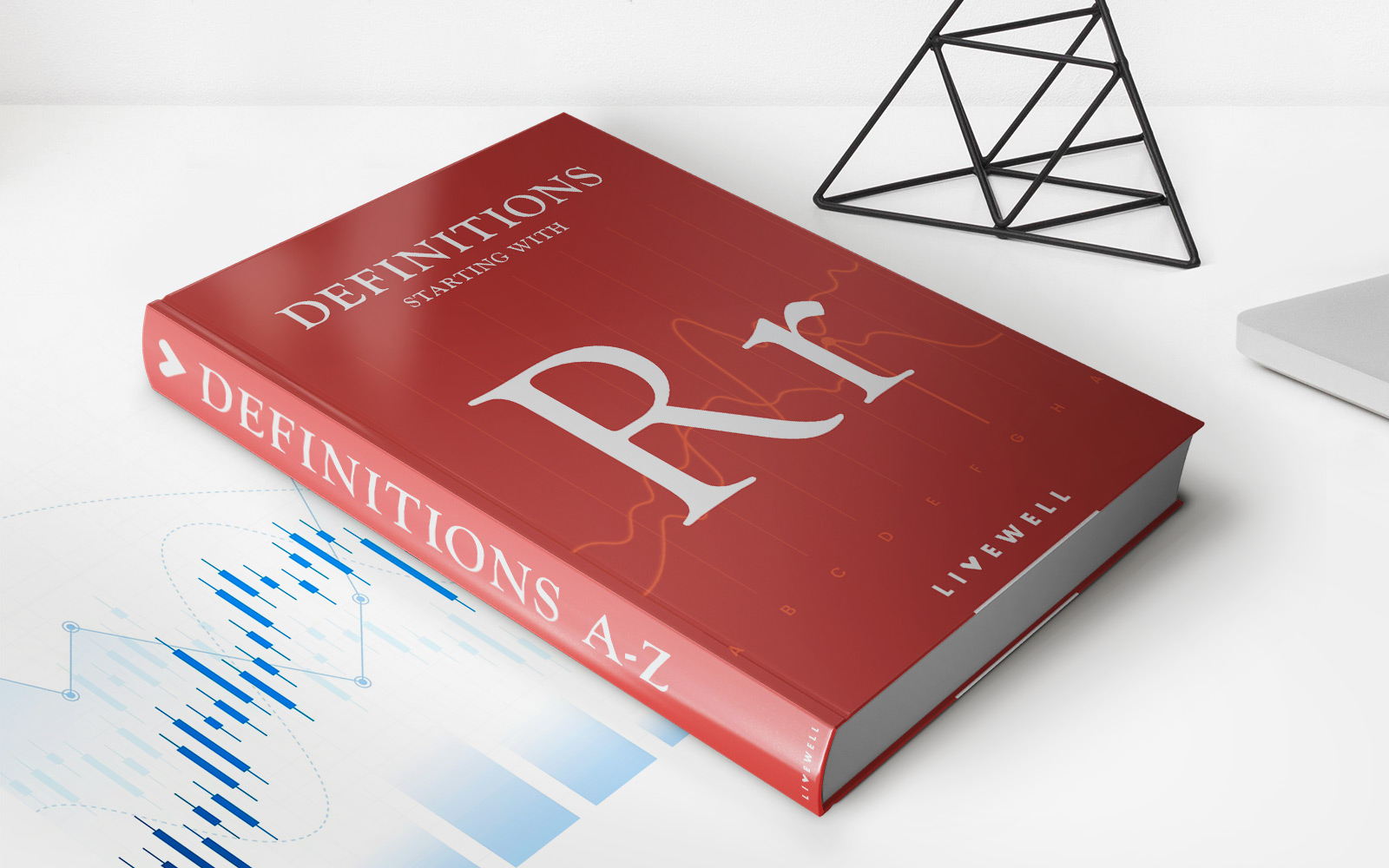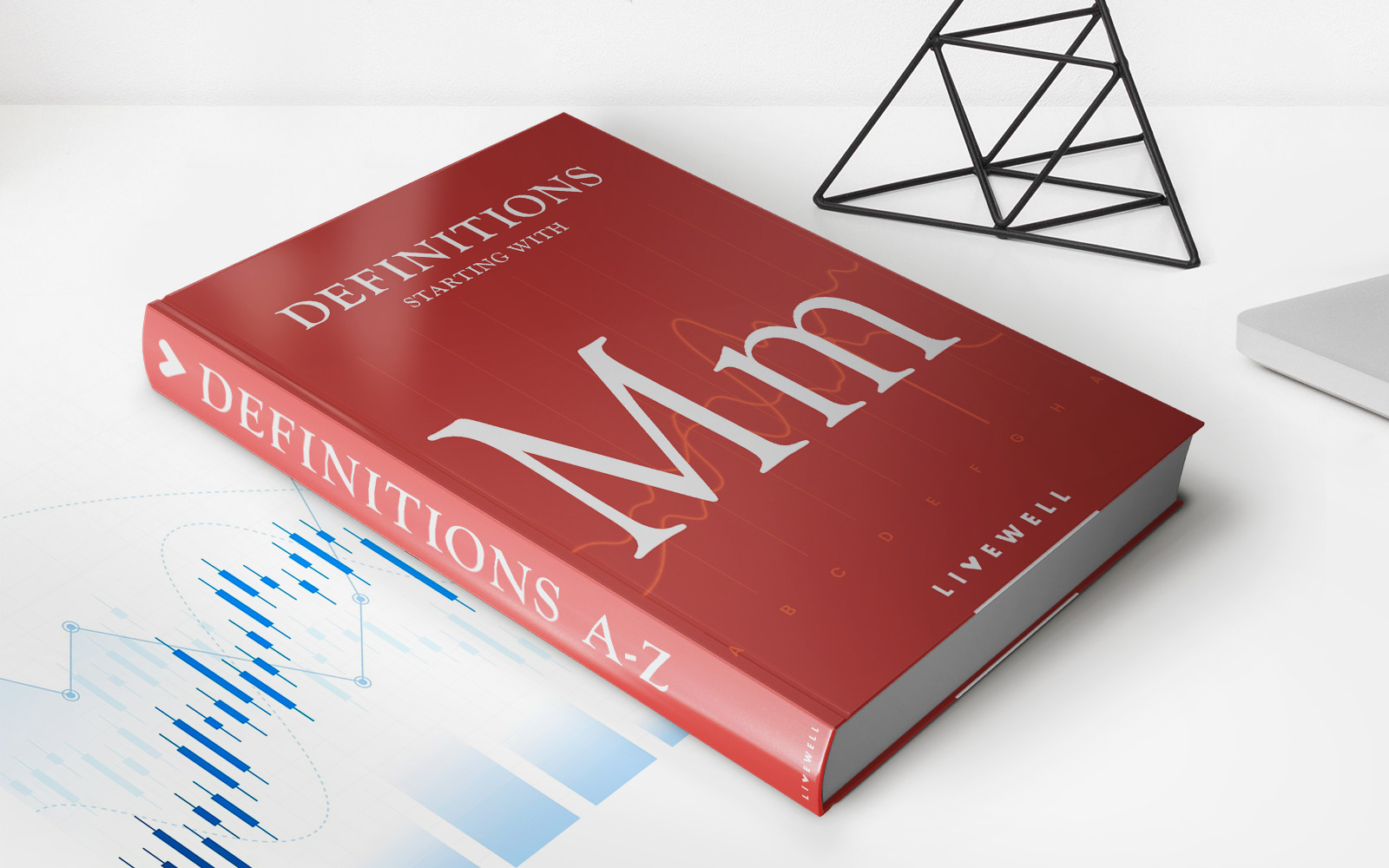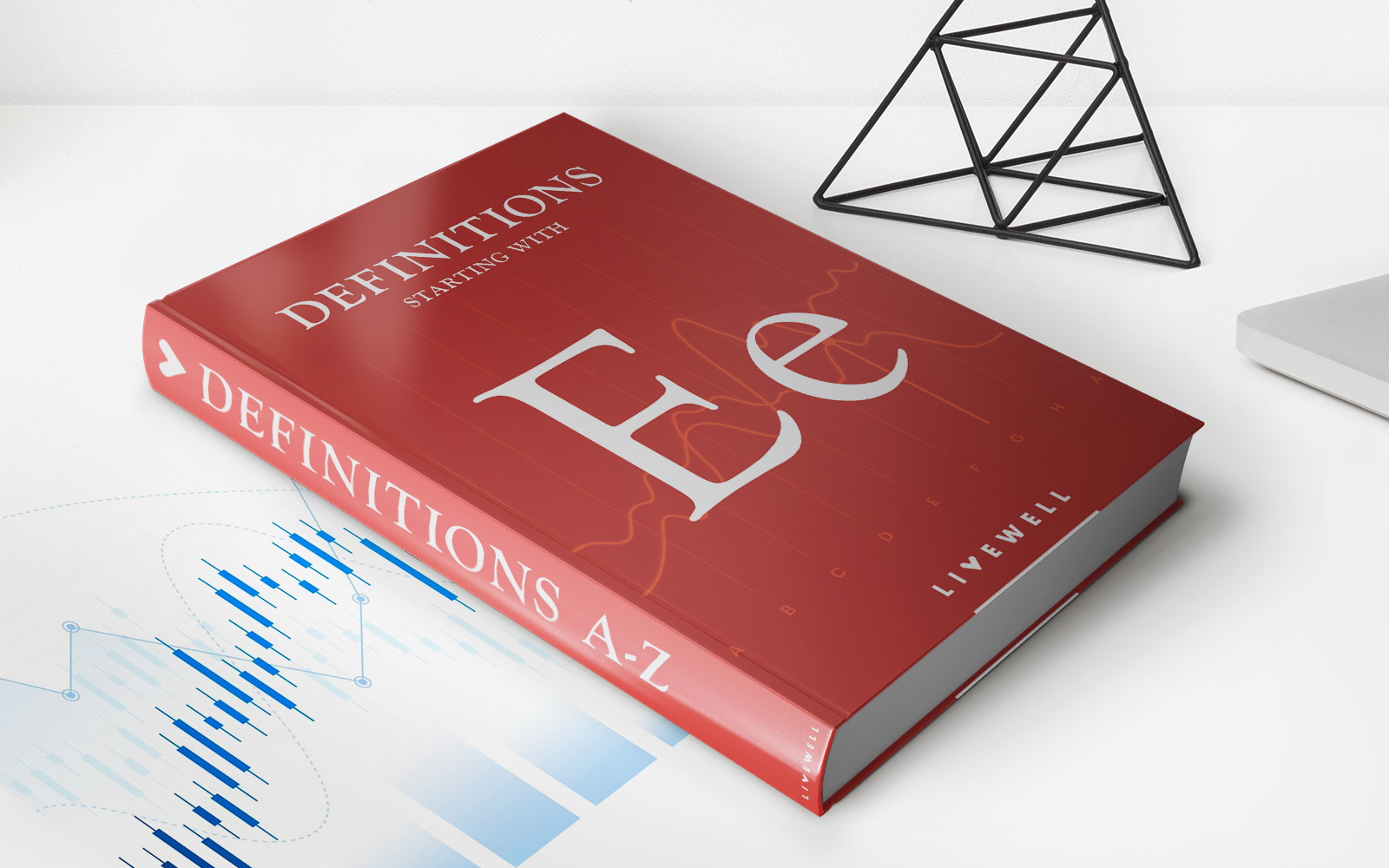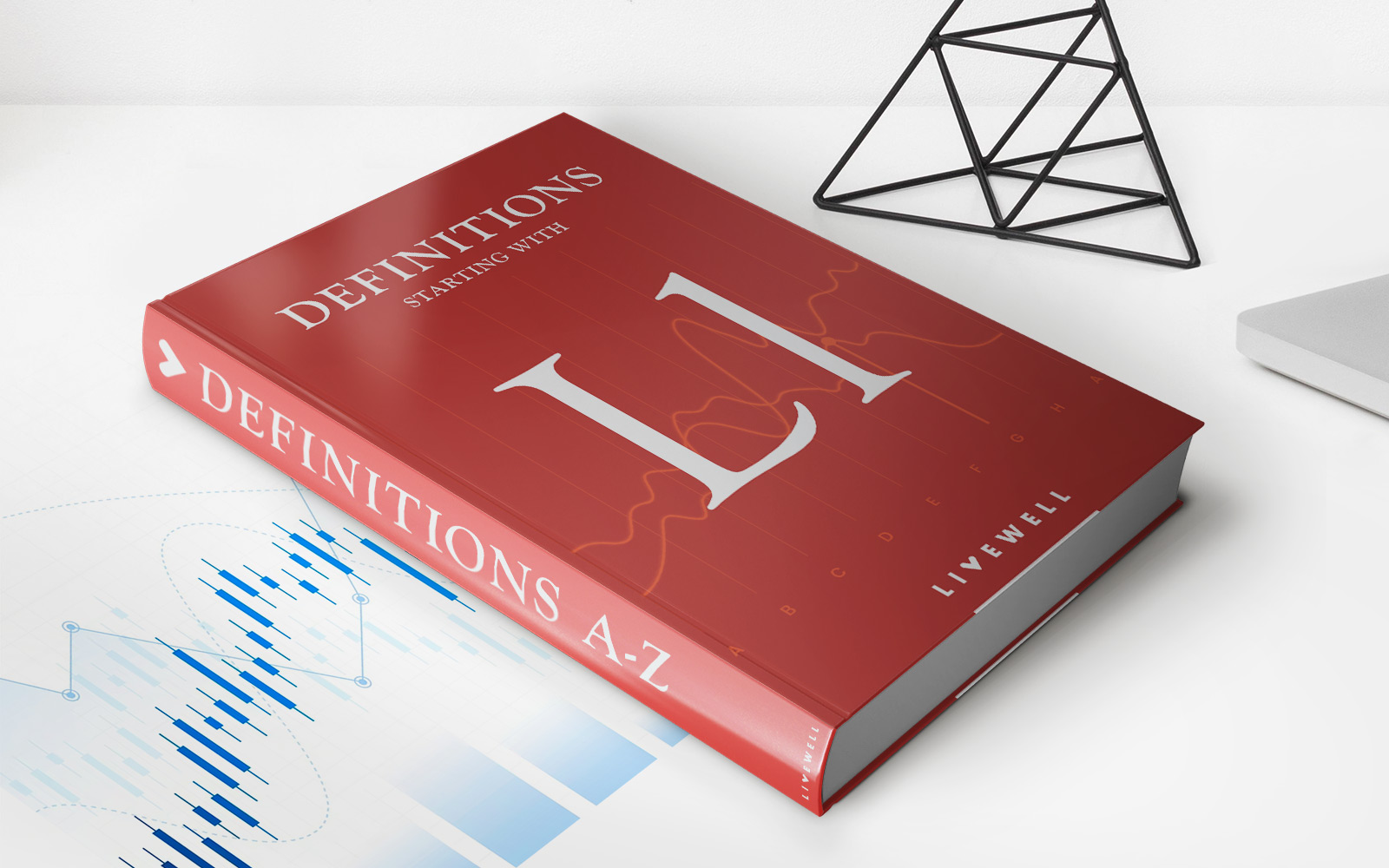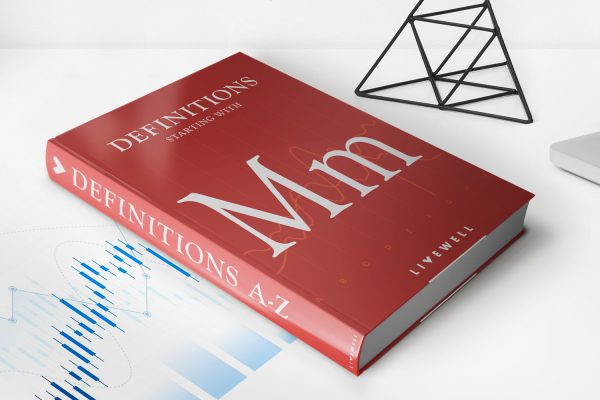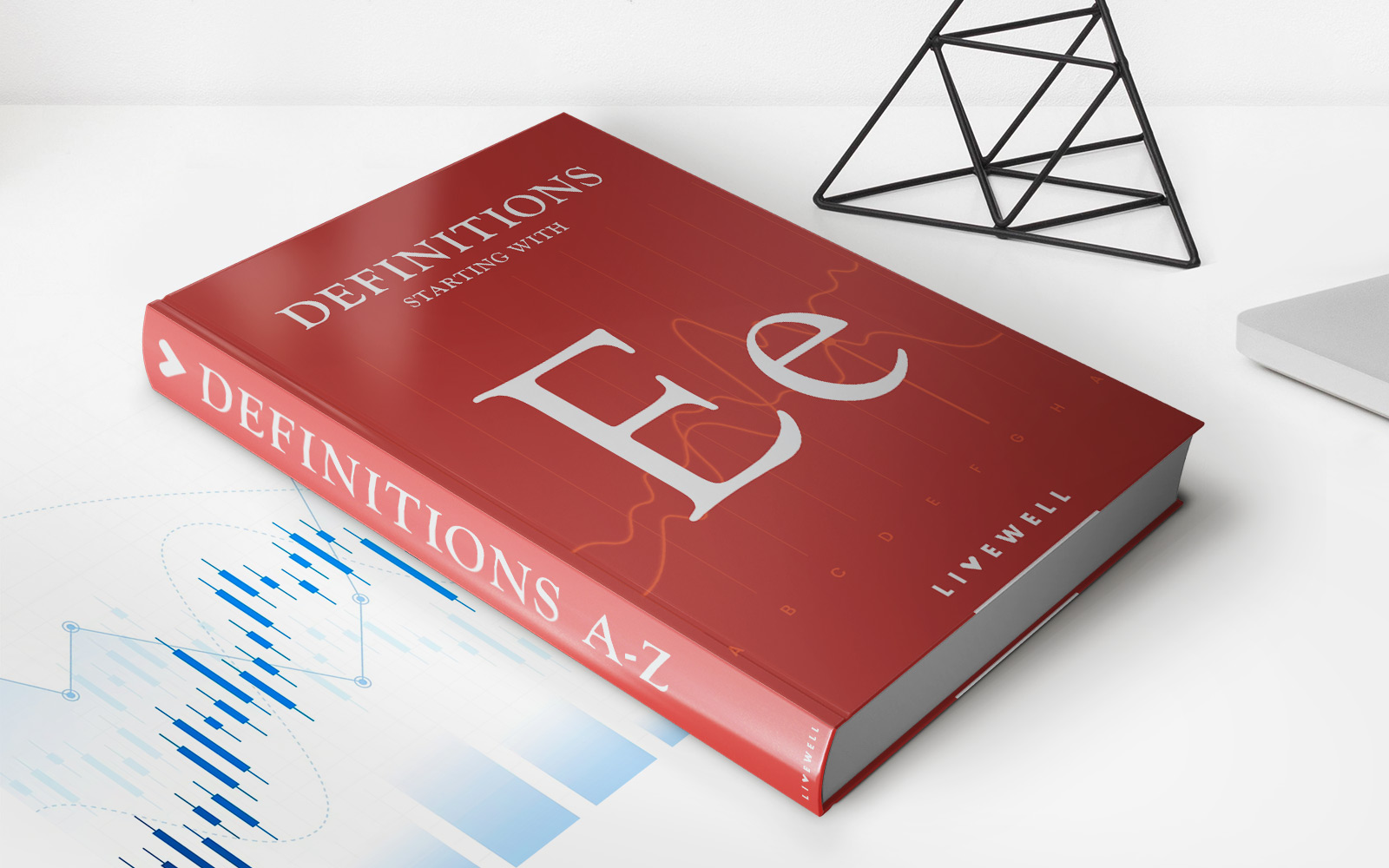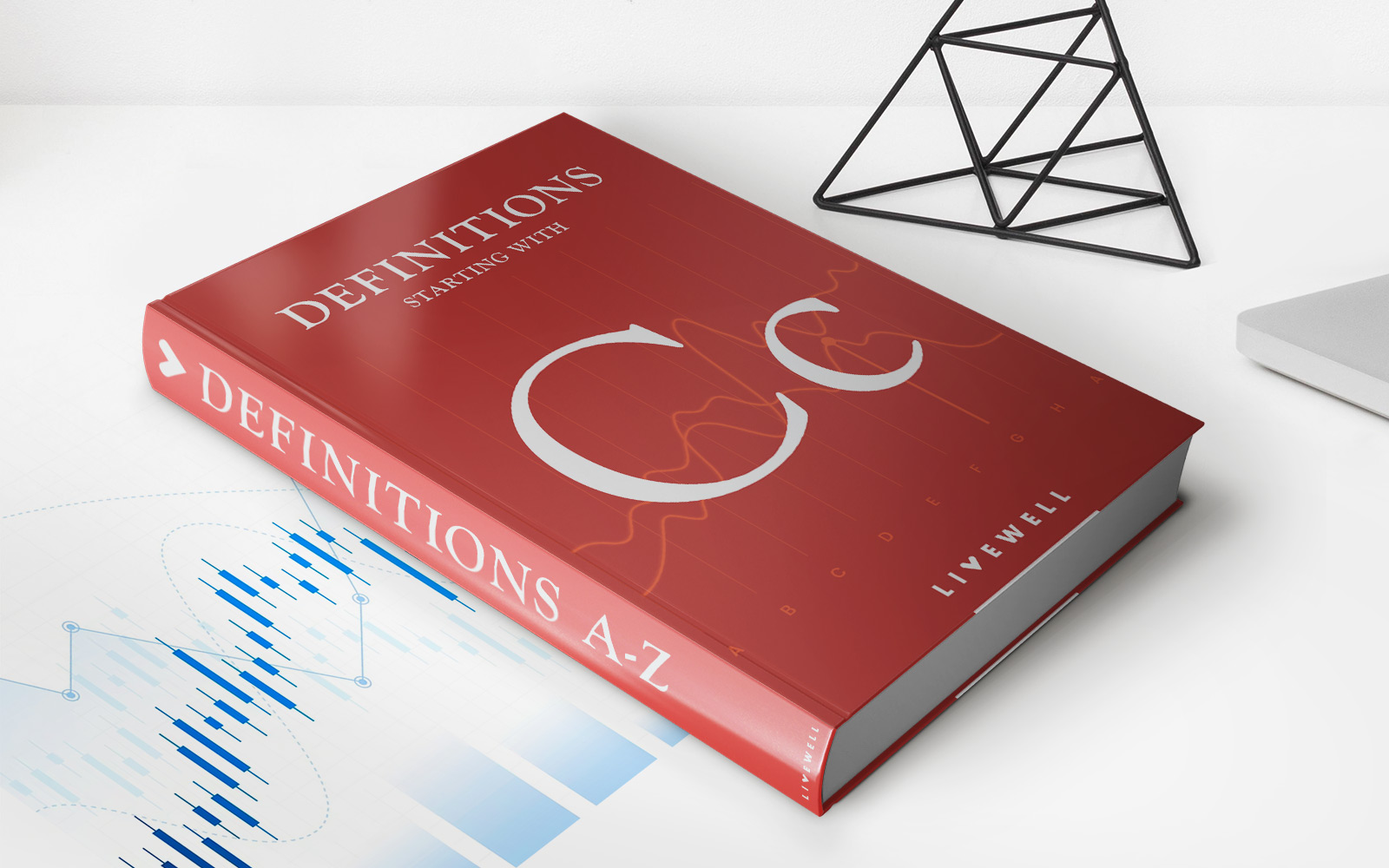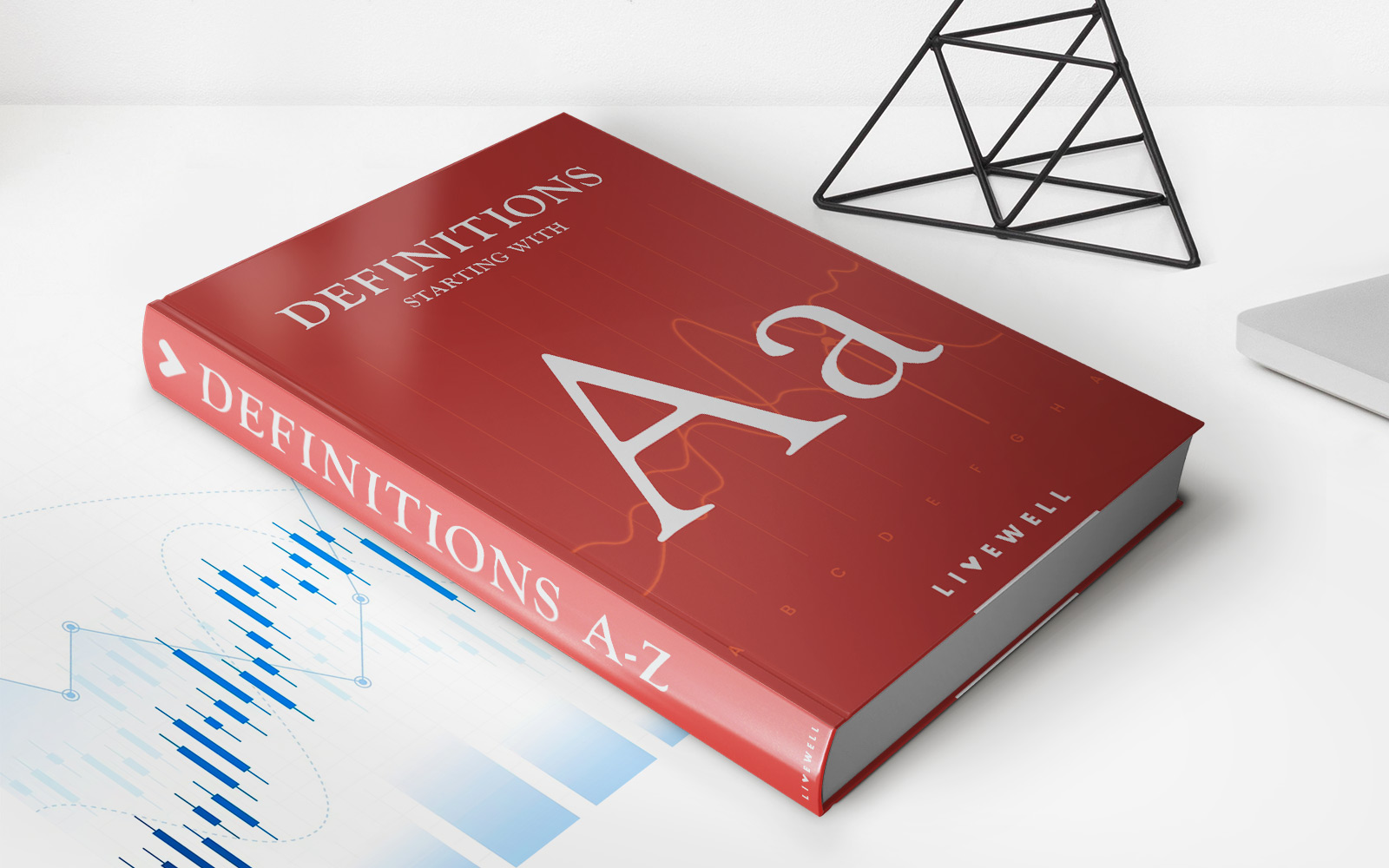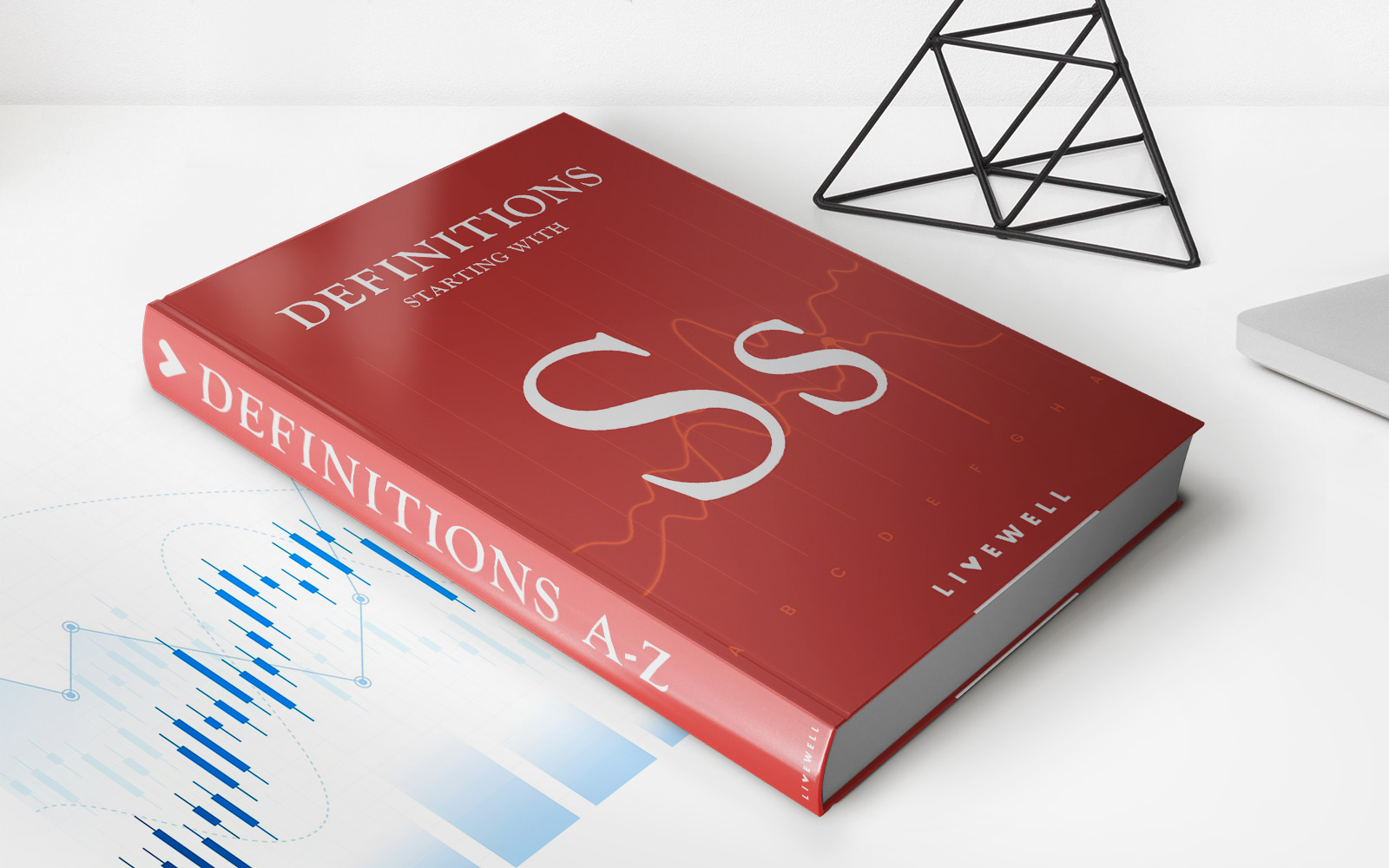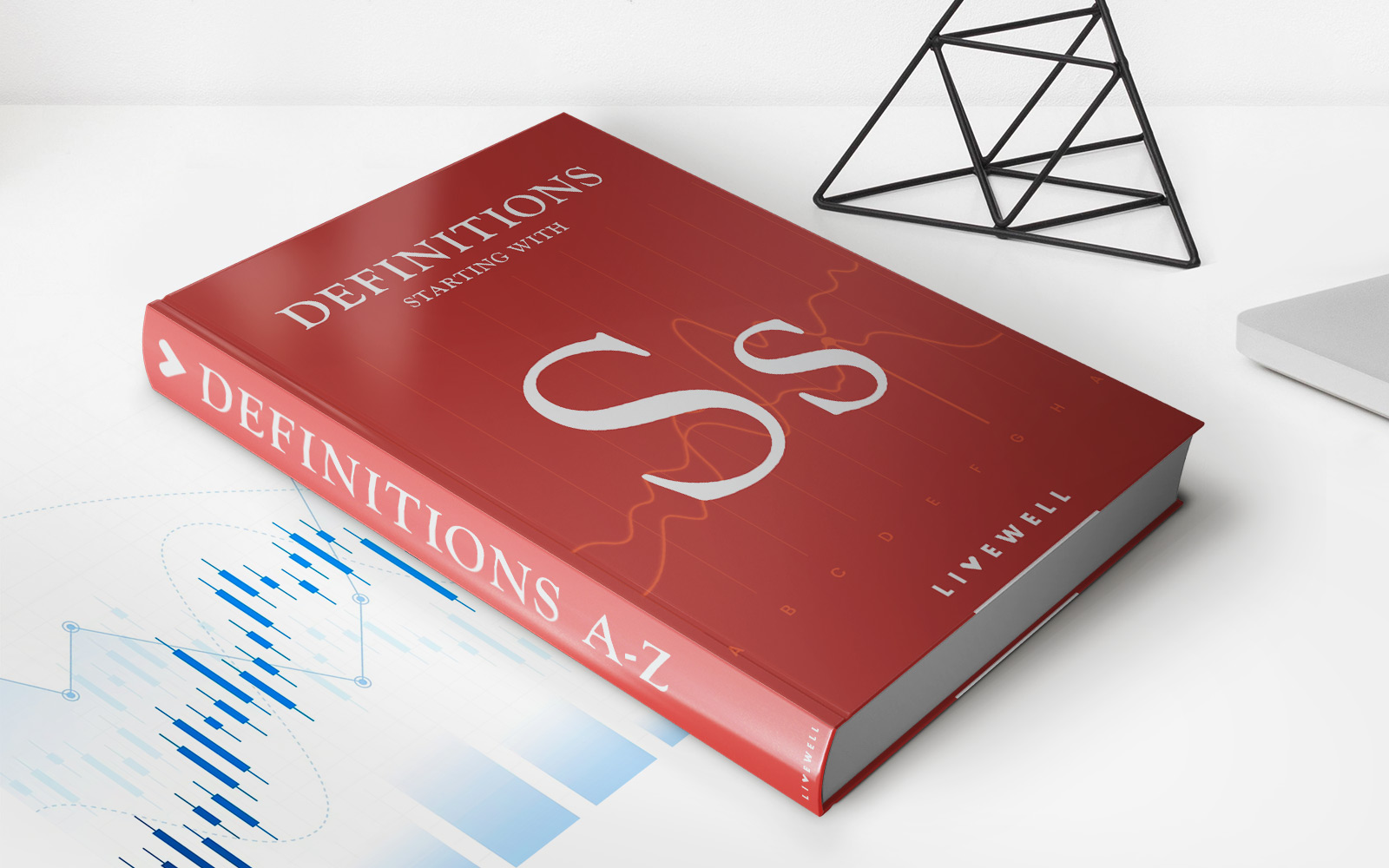Home>Finance>Rent Expense: Definition, How It Works, And Types Of Cost
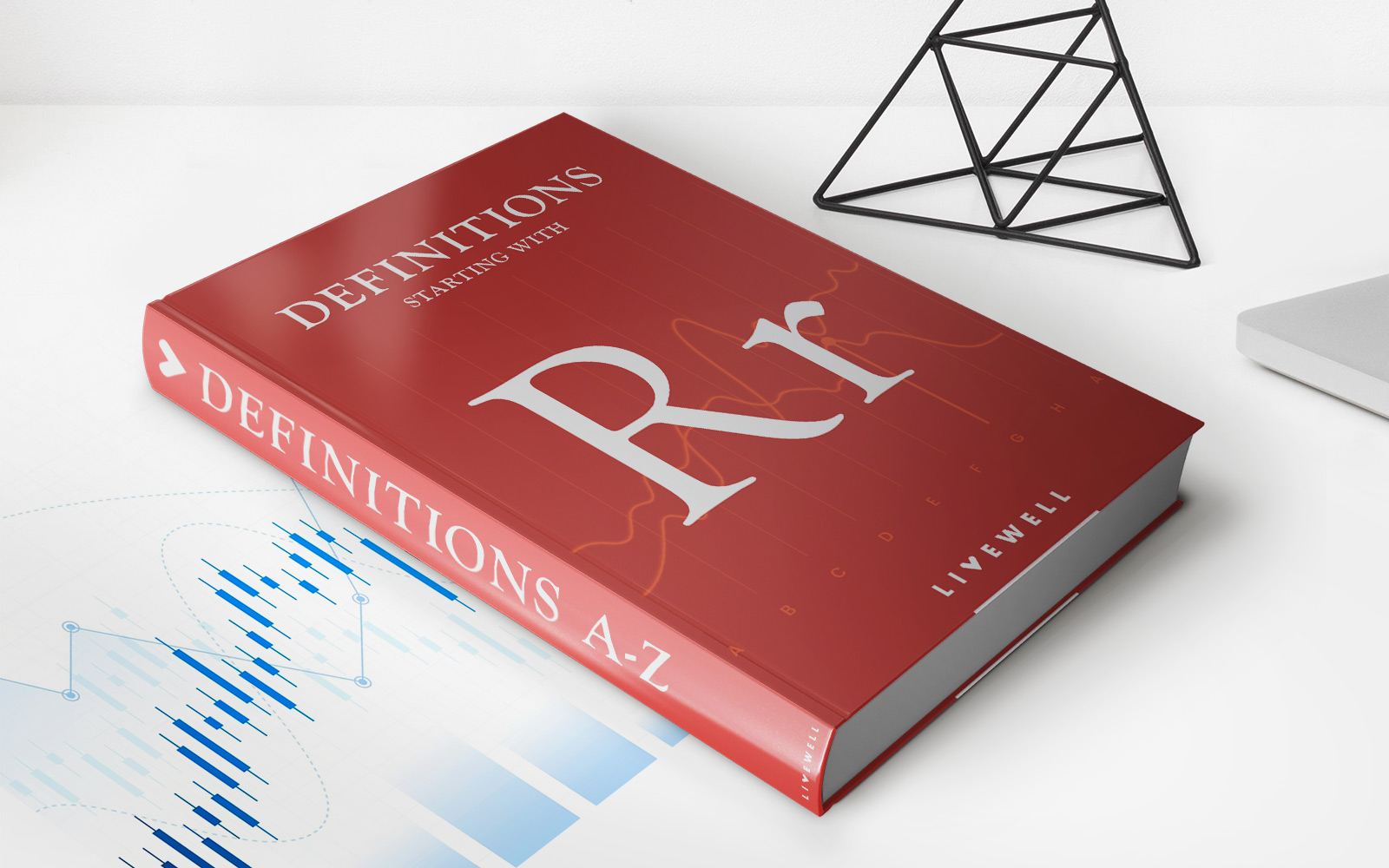

Finance
Rent Expense: Definition, How It Works, And Types Of Cost
Published: January 18, 2024
Discover the definition, workings, and various types of cost associated with rent expense in the realm of finance.
(Many of the links in this article redirect to a specific reviewed product. Your purchase of these products through affiliate links helps to generate commission for LiveWell, at no extra cost. Learn more)
What is Rent Expense?
In the world of finance and business, rent expense refers to the costs incurred by individuals or companies for utilizing a property or space that is owned by another party. Rent expense is a vital component of many budgets and financial statements, and it can have a significant impact on a company’s profitability.
Key Takeaways
- Rent expense refers to the cost incurred for utilizing a property or space owned by someone else.
- There are different types of rent expenses, including commercial rent, residential rent, equipment rent, leasehold rent, and ground rent.
How Does Rent Expense Work?
When a company or individual enters into a rental agreement, they become responsible for paying a specific amount of money to the property owner on a regular basis. This regular payment is typically referred to as rent expense. The frequency and amount of the rent expense are determined by the terms of the rental agreement.
Types of Rent Expense
Rent expense can take various forms depending on the nature of the rental agreement. Here are some common types of rent expenses:
- Commercial Rent: This type of rent expense applies to businesses that rent office spaces, retail stores, or other commercial properties.
- Residential Rent: Residential rent refers to the cost of renting a house, apartment, or any other residential property.
- Equipment Rent: In some cases, companies may choose to rent equipment rather than purchasing it outright. The cost of renting the equipment would be considered as equipment rent expense.
- Leasehold Rent: Leasehold rent expense is applicable when a company or individual rents a property with the intention to sublet it to others.
- Ground Rent: Ground rent is the expense associated with leasing land where a building or structure is situated.
Understanding rent expense and its various forms is crucial for individuals and businesses alike. By carefully managing and budgeting for rent expenses, businesses can ensure that they allocate their resources effectively and maintain financial stability.
